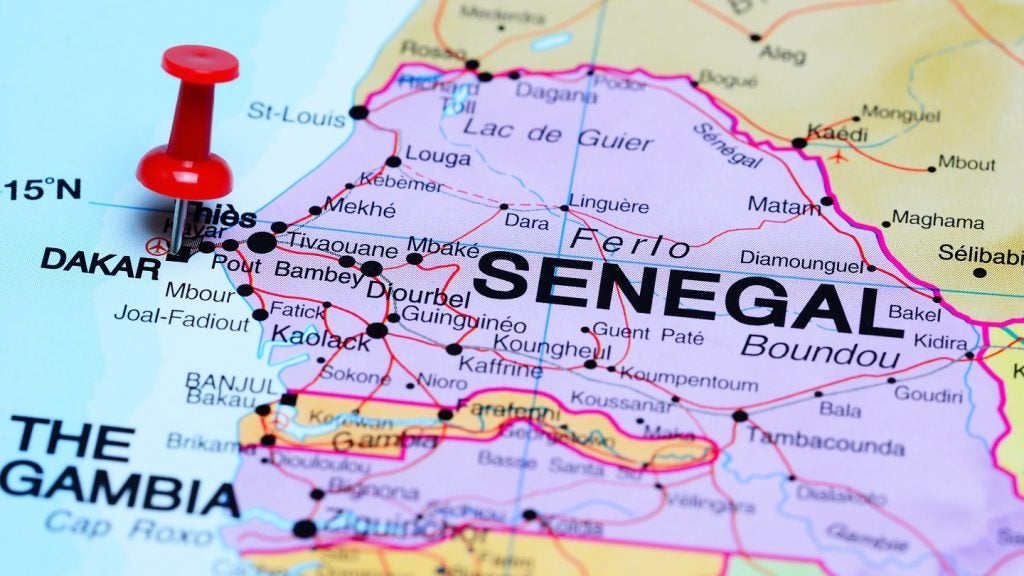Senegal's newly elected President Bassirou Diomaye Faye plans to review the contracts of oil and gas projects, reported Bloomberg.
The reassessment of contracts with major industry players such as BP, Kosmos Energy, and Woodside Energy Group is aimed at enhancing the state's revenue from these ventures.
The West African nation is on the brink of becoming one of the world's fastest-growing economies as it prepares to launch the $4.8bn Grand Tortue Ahmeyim liquefied natural gas (LNG) project and the Sangomar oil development.
Faye's economic team has confirmed his intention to reassess the projects following his victory in the recent presidential election.
Faye’s oil adviser Ngagne Demba Toure said: “To boost the state’s revenue from oil and gas, it is necessary to renegotiate the contracts to increase the state’s shares and change the system of sharing of production.
“Renegotiating contracts does not mean that the state will impose itself on the companies without taking the law into consideration, but that the two parties agree to discuss some clauses of the contract.”
Kosmos Energy has expressed expectations for a continued "business-friendly" environment in Senegal.
BP's executive vice president responsible for production and operations, Gordon Birrell, expressed the company's desire to maintain a constructive relationship with President Faye.
Birrell is planning to meet with Faye once the new government is established.
Meanwhile, Woodside Energy Group did not provide a comment on the matter.
The previous President, Macky Sall, has warned that renegotiating existing contracts could have "disastrous" consequences for Senegal.
“Oil and gas contracts can always be improved, but frankly, thinking that we can change the contracts already signed with the companies is not possible,” he was quoted as saying.
However, the International Monetary Fund (IMF) has already adjusted its economic growth forecast for the country, reducing it to 8.3% from 10.6% due to earlier delays in these key energy projects.
These developments are expected to enable exports of up to 100,000 barrels of oil per day and at least 2.5 million tonnes of LNG annually.
Further scrutiny has been cast on the legitimacy of past agreements, particularly a deal related to the transfer of the Saint-Louis and Cayar concessions, which are currently owned by BP.
In November 2023, reports emerged that BP exited the Yakaar-Teranga natural gas field offshore Senegal following disagreements with the local government.









